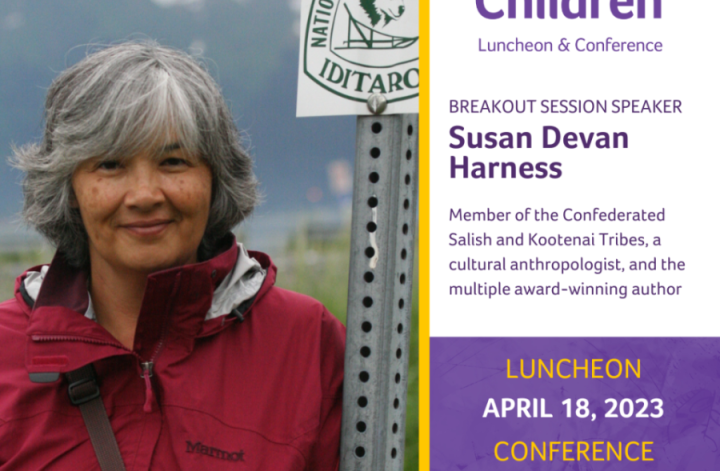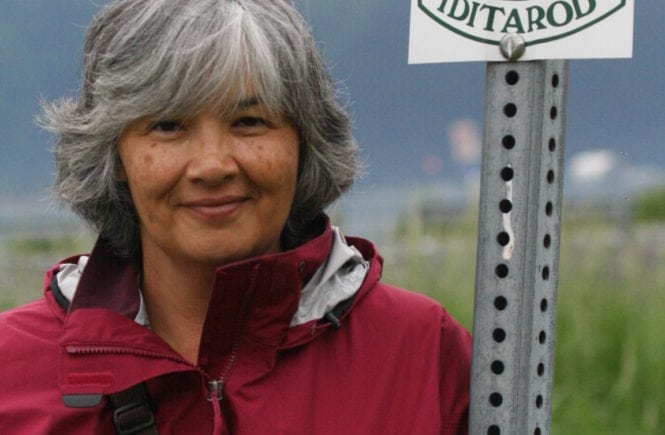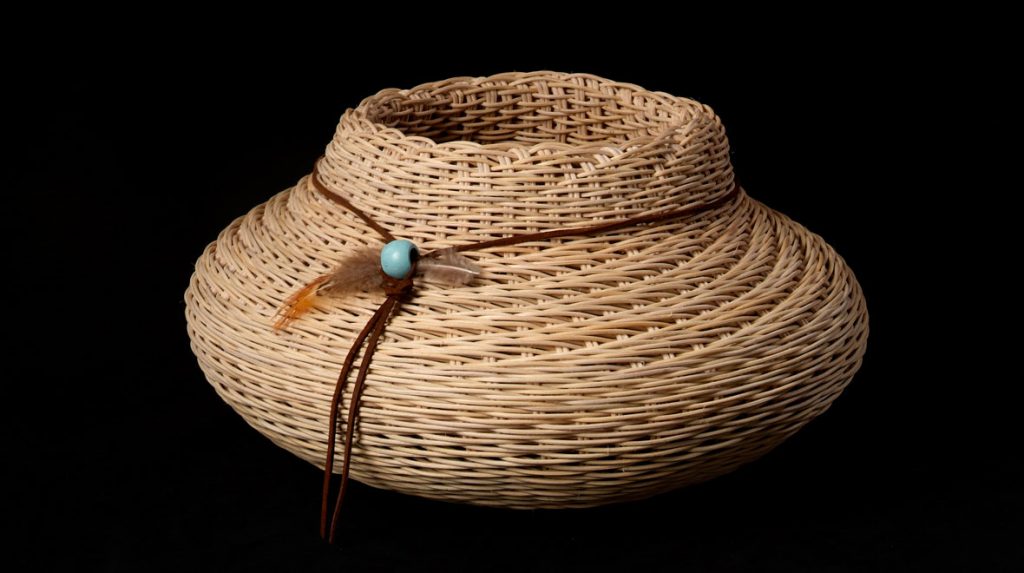I am so honored to have been invited to be a presenter at this year’s Speaking of the Children Conference in LaVista, Nebraska. This conference is heavily attended by people in all aspects of child welfare, including social workers, law enforcement, mental health specialists, lawyers and now a cultural anthropologist!
Historical events and policies, designed to break up American Indian families and communities, have left pain and suffering in their wake. As a result, for many decades, American Indian children have been removed from their families and placed with non-Native families because it was thought they could be saved from being American Indian. Unfortunately, child placement professionals, as well as prospective and adoptive parents are unaware of the social structures that exist in our society, and their rootedness in anti-Indian sentiment. These are the same structures that transracially adopted children attempt to navgate far beyond childhood.
This was a major plank for establishing the Indian Child Welfare Act of 1978, which is currently under scrutiny by the U.S. Supreme Court as it seeks to determine its constitutionality.
My workshop will discuss why it is important for everyone to understand, child welfare professionals and adoptive families, that American Indian children have a right to their heritage, and a right to know who they came from and where they came from. Creating bonds with first families and first communities will strengthen a child’s identity within themselves and create resiliency that will carry them through a challenging life in the white world.
This is an important aspect of the dominant culture that is overlooked in other disciplines, and whose ideas lay the foundation for how a child views themselves.
The conference is being held April 18-19, at the Embassy Suites Conference Center in Omaha, Nebraska.
Sign up now!



